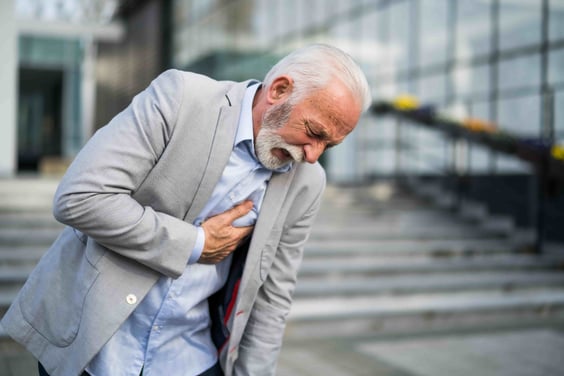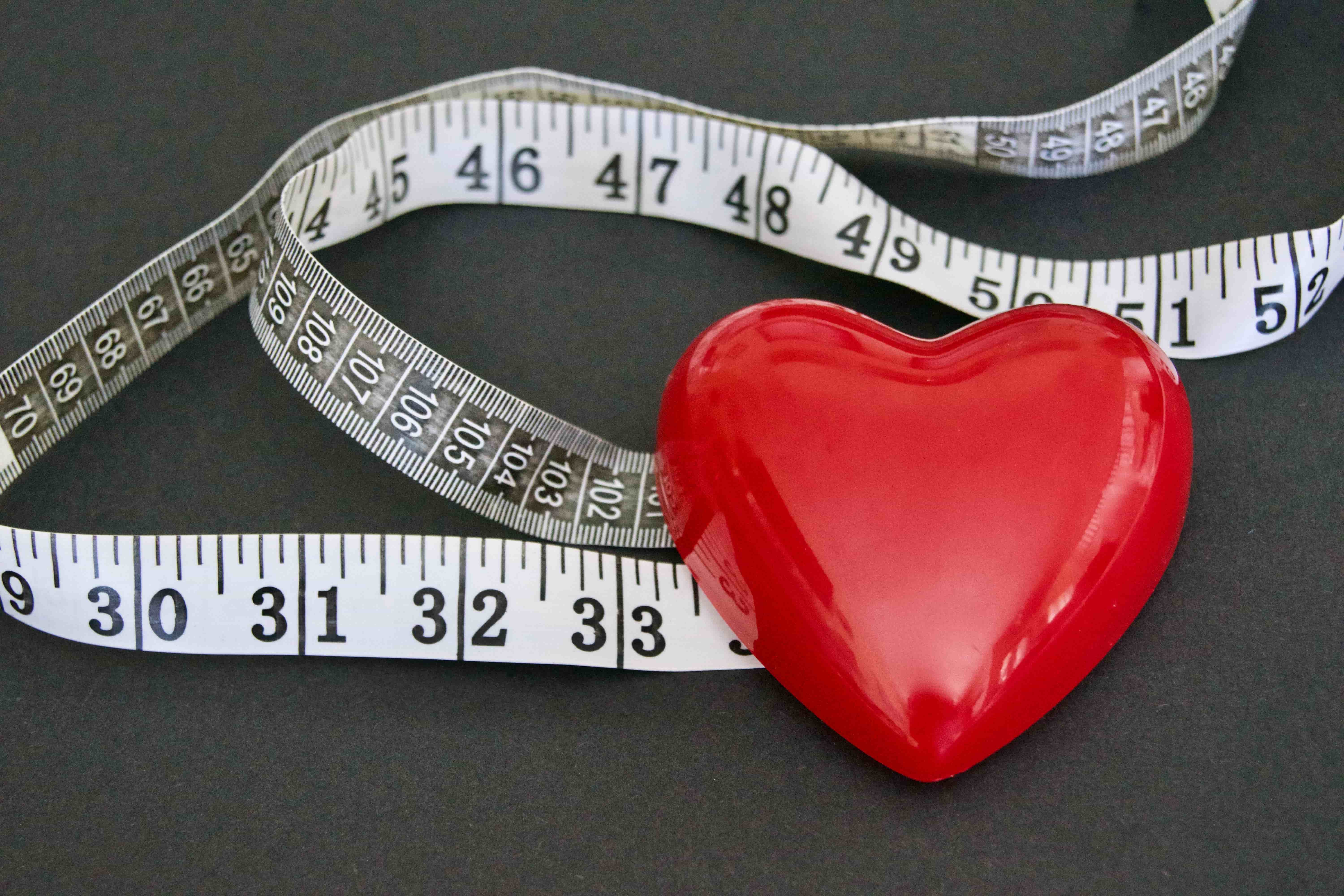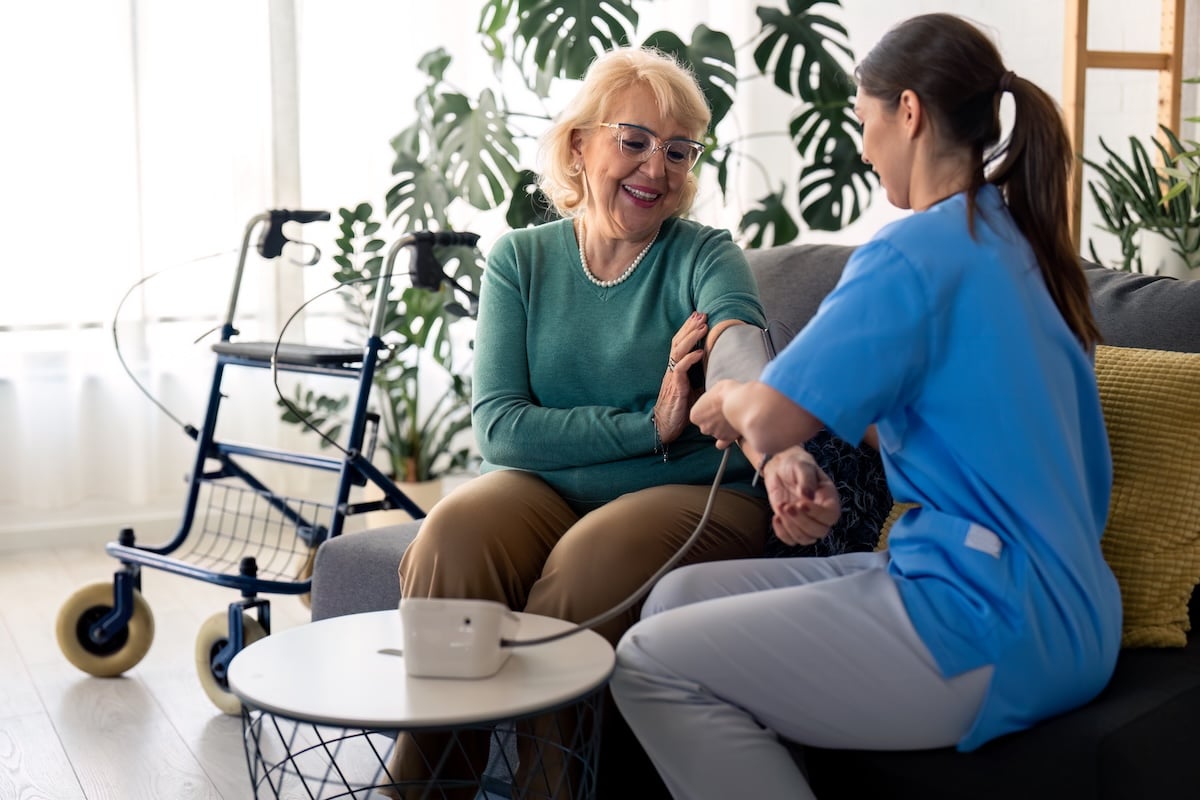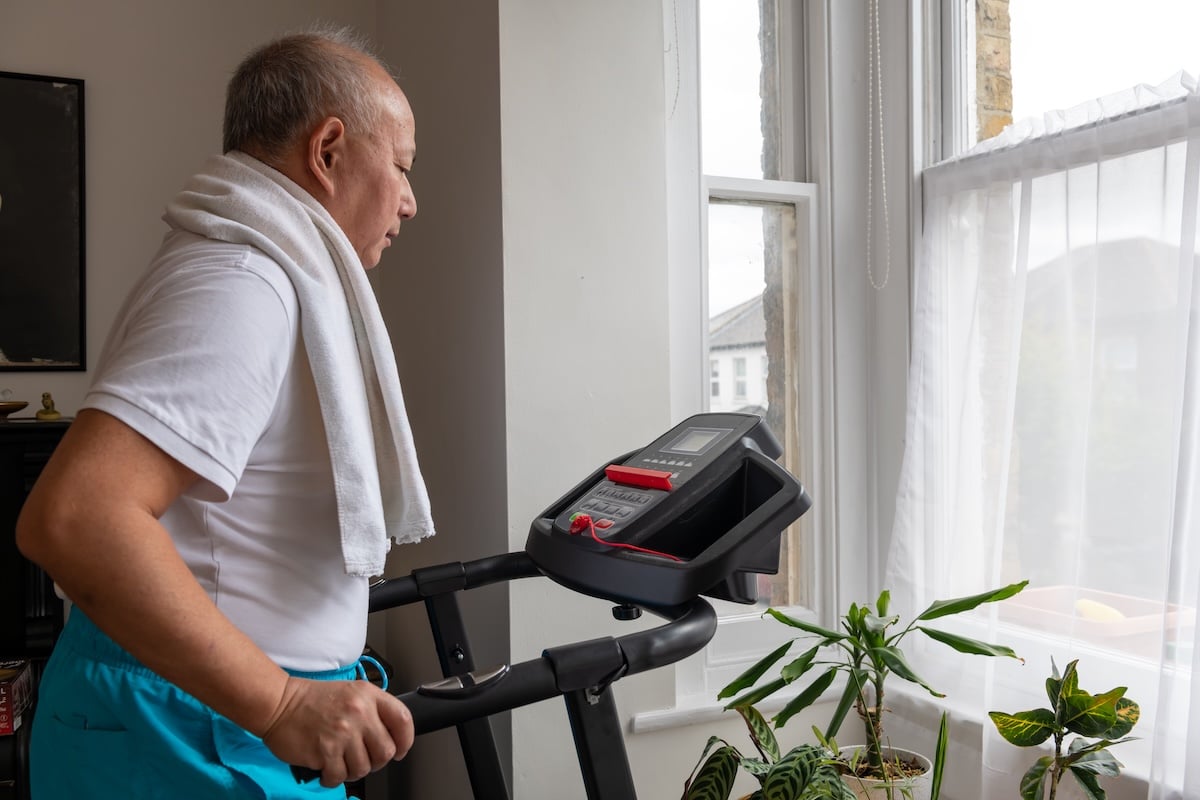The older we grow, the more susceptible we are to a risk of heart disease. These heart diseases are often an accumulation of risk factors from lifestyle choices, family history, and more.
Adults aged 65 and older are more likely than younger people to notice heart attack symptoms due to the weakness of the heart muscles that pump blood, risk factors, and other heart problems.
According to the American Heart Association, 30% to 40% of people hospitalized with heart attacks are older patients ages 75 and older. This is no reason to panic, as these health conditions can be managed and treated if diagnosed early.
Let's talk about the heart and heart attacks.
How Do Heart Attacks Happen?

A heart attack occurs when the blood flow to your heart muscle is severely reduced or completely blocked. This typically happens when a blood clot forms within the blood vessels (coronary artery) that supply oxygen-rich blood to the heart muscle.
Here's a step-by-step explanation of how a heart attack happens:
- Underlying Heart Disease: Most heart attacks result from coronary artery disease (CAD), a condition where fatty deposits called plaques accumulate in the walls of the coronary arteries. These plaques can narrow the arteries and restrict blood flow to the heart muscle.
- Plaque Rupture or Erosion: The plaques can become unstable and rupture or erode within the coronary arteries. This exposes the contents of the plaque, including cholesterol, fat, and other substances, to the bloodstream.
- Formation of a Blood Clot: When the plaque ruptures or erodes, the body's natural response is to form a blood clot at the site of the injury, as with all other parts of your body.
- Artery Blockage: The blood clot can grow in size and block the coronary artery, either partially or completely. This obstructs blood flow and reduces the supply of oxygen and nutrients to the heart muscle cells downstream of the blockage.
- Ischemia: The reduced blood flow leads to a condition called ischemia, which is a lack of oxygen and nutrients in the heart muscle cells. Without an adequate supply of oxygen, the heart muscle cells suffer damage.
During any of the stages in this heart attack process, you may experience symptoms such as chest pain or discomfort, shortness of breath, sweating, and pain radiating to the arms, neck, jaw, or back.
Speak with a health care provider as quickly as possible to restore the flow of oxygen-rich blood to the heart muscle. Medications and procedures like angioplasty and stent placement can be preferred to prevent further damage and heart failure.
How The Heart Changes As We Age

According to the National Institute on Aging, the aging process can cause changes in our hearts and blood vessels. Though our resting heart rate usually doesn't change, the heart's ability to beat as fast as it could when we were younger while under stress or during physical activity does.
However, it's important to point out that many of the problems — like heart disease or hardening of the arteries — the heart experiences are due to disease processes rather than simply aging.
Why Heart Attacks Are Common in Older Adults

Over 1 million people have a heart attack yearly in the United States. The majority of cardiovascular disease patients are older people. In general, people who are older are more likely to develop issues with overall health, and it is up to us to take measures to combat these effects.
Aging is a significant risk factor for the development of coronary heart disease (CHD). This is due to a combination of physiological changes, cumulative exposure to risk factors, and genetic factors.
Here's how aging is linked to heart attacks:
- Accumulation of Risk Factors: Over time, we are exposed to various risk factors for CHD, like high blood pressure, high cholesterol, smoking, obesity, and diabetes. All these are risk factors for atherosclerosis, a key CHD component. The longer we're exposed to these risk factors, the greater the chance of developing plaques in the coronary arteries.
- Arterial Stiffness and Inflammation: As we get older, blood vessels may become less elastic and more rigid. This can cause high blood pressure and strain on the heart.
- Endothelial Dysfunction: Many older adults may experience dysfunction of the endothelium, the inner lining of blood vessels. A compromised endothelium is less able to regulate blood vessel tone and other processes that impact cardiovascular health.
- Changes in Lipid Profile: As we age, changes in lipid metabolism can lead to alterations in cholesterol levels and an increased likelihood of unhealthy lipid profiles, including elevated bad cholesterol.
- Decreased Collateral Circulation: This refers to the network of smaller blood vessels that can provide alternative routes for blood flow if a main artery becomes blocked. Aging may lead to decreased collateral circulation, making it harder to compensate for reduced blood flow in the event of an artery blockage.
- Genetic Predisposition: A family history of heart disease can increase the risk of CHD, and the impact of genetic predisposition may become more evident as other risk factors accumulate over time.
- Impact on Cardiac Muscle: Aging can lead to changes in the structure and function of the heart muscle. The heart may become slightly larger, and the ability of the heart to respond to stress or demands may decrease.
- Reduced Ability to Recover: As we age, our overall ability to function and recover from various health challenges, including heart-related events, may decrease.
Common Risk Factors For Heart Attacks

By learning the following risk factors, you can start early to lower your risk of heart disease. Your heart keeps your body running, and you should take proactive and deliberate measures to ensure it is adequately taken care of.
You should be aware of common heart attack risks like:
- Smoking.
- Being overweight/obese.
- Having a sedentary lifestyle.
- Having high blood pressure or cholesterol.
- Eating an unhealthy diet.
- Diabetes.
- Family history.
But other factors — like being a man over 45 or a woman over 55 — can also increase your risk of heart attack.
Signs And Symptoms of Heart Attacks

As explained, a heart attack occurs when an artery that transports blood and oxygen to the heart muscle is blocked. This can gradually result in several apparent symptoms. Note that these symptoms may point to other underlying ailments, and you should seek medical attention immediately.
However, most people experience symptoms that aren't as obvious. In fact, many people who have a heart attack suffer permanent heart damage because they don't get help quickly enough.
Not only that, heart attack symptoms can vary from person to person, and some people even have no symptoms.
If you're having your first heart attack, here are the most early heart attack symptoms to watch for:
- Chest pain or discomfort that doesn't go away or occurs more often during an activity or rest (the pain can feel like pressure, squeezing, fullness or pain, or feel like indigestion or heartburn)
- Discomfort in areas of your upper body like the arms, back, neck, jaw, or stomach
- Shortness of breath
- Nausea or vomiting
- Feeling lightheaded, dizzy, or unusually tired for no reason
- Lack of energy or fatigue
If you experience any of the above symptoms, call 911. Do not drive yourself to the hospital.
Conclusion
Aging in place in your home comes with many worries, particularly when it comes to your health. Part of healthy aging is identifying health emergencies, age-related changes, risk factors, and what to look for when something goes wrong.
As someone committed to healthy aging knows, prevention is the most important part of heart health, and that starts with making good lifestyle choices – like eating the right foods and avoiding things like smoking.
Also, maintain a healthy weight by exercising regularly to strengthen your cardiovascular system. However, knowing the risks and symptoms of a heart attack is equally important and can help you or a loved one get the care they need quickly.













